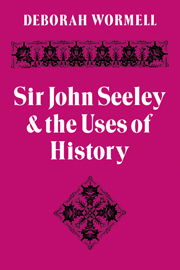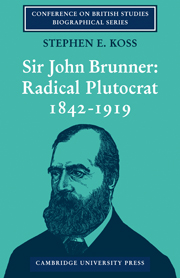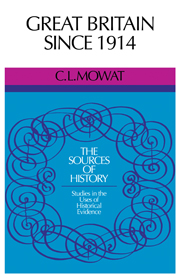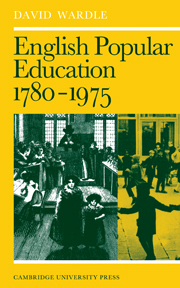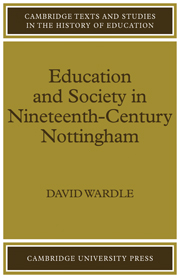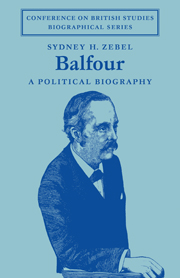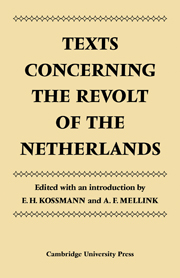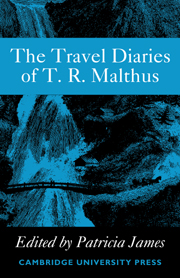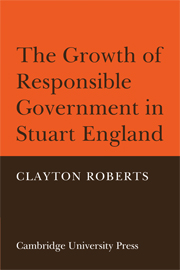Sir John Seeley and the Uses of History
- Author: Deborah Wormell
- Date Published: October 2008
- availability: Available
- format: Paperback
- isbn: 9780521088794
Paperback
Looking for an inspection copy?
This title is not currently available on inspection
-
Sir John Seeley, first Regius Professor of Modern History at Cambridge an historian of the British empire, is best known for his remark that the empire was acquired in a fit of absent-mindedness. His contemporaries considered that Seeley's widely read book The Expansion of England was influential in changing popular attitudes to empire from indifference to patriotic attachment. Historians' interest in Seeley has been similarly restricted to his importance as the first academic historian to consider the imperial dimension of British political history and his views on Britain's imperial role. More recently they have begun to look at wider aspects of his work. Seeley mixed in non-conformist, Christian Socialist and Positivist circles in London. His Ecce homo viewed religion primarily as a moral force whose purpose was the welfare and progress of mankind.
Customer reviews
Not yet reviewed
Be the first to review
Review was not posted due to profanity
×Product details
- Date Published: October 2008
- format: Paperback
- isbn: 9780521088794
- length: 248 pages
- dimensions: 229 x 152 x 14 mm
- weight: 0.37kg
- availability: Available
Table of Contents
1. Enthusiasm of humanity
2. The mischiefs of the system
3. The history of England ought to end in a moral
4. School of statesmanship
5. Loose notions about liberty
6. Consequences of absent-mindedness.
Sorry, this resource is locked
Please register or sign in to request access. If you are having problems accessing these resources please email [email protected]
Register Sign in» Proceed
You are now leaving the Cambridge University Press website. Your eBook purchase and download will be completed by our partner www.ebooks.com. Please see the permission section of the www.ebooks.com catalogue page for details of the print & copy limits on our eBooks.
Continue ×Are you sure you want to delete your account?
This cannot be undone.
Thank you for your feedback which will help us improve our service.
If you requested a response, we will make sure to get back to you shortly.
×
